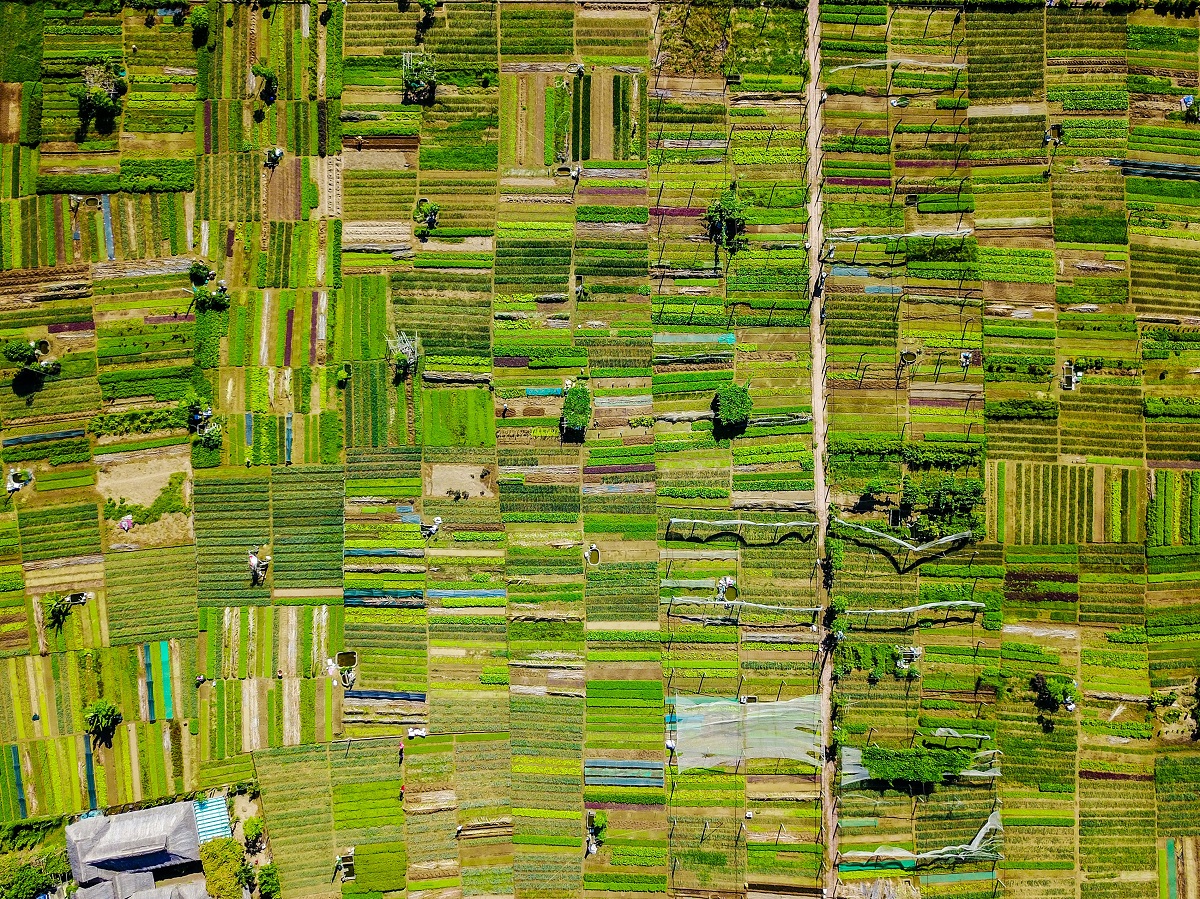Vietnam amends Land Law
Changes will enter into force on 1 January 2025, affecting mainly prices and land management. According to critics, corrupt officials and large private companies will continue to benefit at the expense of ordinary people. Former Deputy Minister Đặng Hùng Võ laments that in many cases, the government takes land to hand it over to private firms, and the revised law is not likely to change this.
Hanoi (AsiaNews/Agencies) – Vietnam's National Assembly approved an amendment to the Land Law with the intended goal of boosting the country's socio-economic development. Some 432 members out of 477 voted in favour.
The new legislation, which will come into force on 1 January 2025, takes into consideration more than 12 million comments from ordinary Vietnamese, as well as the opinions of multiple experts, scholars, organisations, and other stakeholders.
The main thrust is for provincial people’s councils or the central government update land price frames on an annual basis to correctly reflect market shifts. Under the existing legislation, price frames are set every five years.
The law specifies 32 cases in which land can be taken to serve public and national interests, such as the construction of government facilities, public housing, or the use of land for farming to boost government revenues.
On paper this will make government actions more transparent, which should help ensure fairness and compliance with the law. Land in Vietnam is, in fact, technically state-owned, even if the authorities often offer compensation for people who have built homes on it or farm it.
Still the law has doubters. For Đặng Hùng Võ, former Deputy Minister of Natural Resources and Environment, the fact that national and provincial officials have the ultimate say on land use is one of the main problems, as it leads to an inefficient use of land for housing and farming.
An emblematic and controversial case is that of Lộc Hưng, a ward in Ho Chi Minh City. In 2019, the government cleared residents from 503 homes to build a school. Five years later, half of the former residents say that they have not received any compensation.
Cao Hà Trúc is one of them. He has filed a lawsuit and considers the new law inadequate, in need of further changes to compensate people before they lose their land.
Specifically, private firms profit from government projects (like the school development) on expropriated land. In his view, people are not protected and the new law will not protect them.
Since the old law provided ample scope for the government to seize land, about 70 per cent of the current long-term complaints are related to this issue.
Former Deputy Minister Đặng said that many major lawsuits are related to land grabs by the government, which then gives it to private firms to make a profit. The revised law is not likely to change this.
Lastly, according to Cao, the new law does not address the problem of corruption. "The vibrant real estate market has caused the greed of officials and investors to emerge,” while “The poor are abandoned,” he laments.
11/09/2023 20:03







.png)










